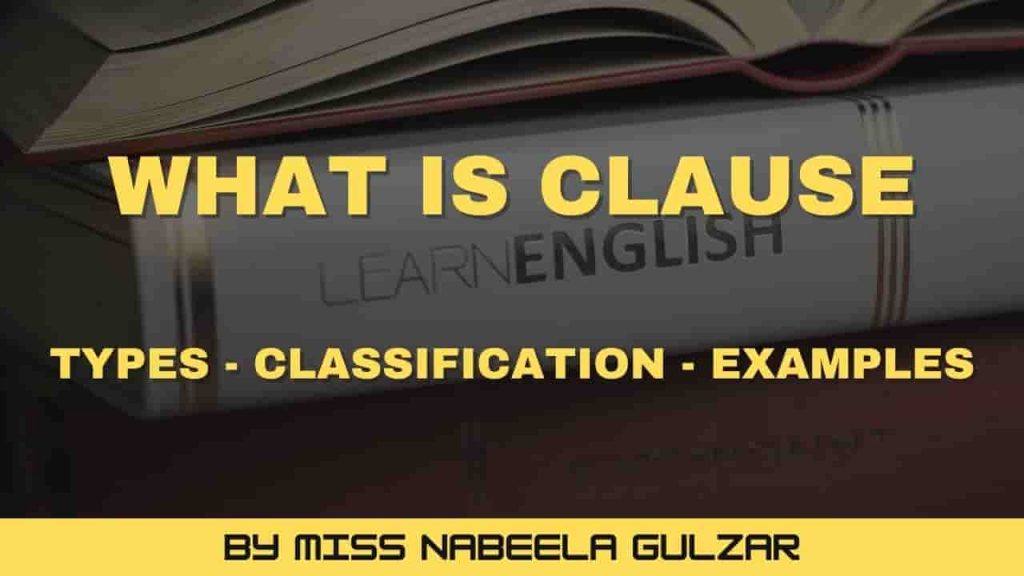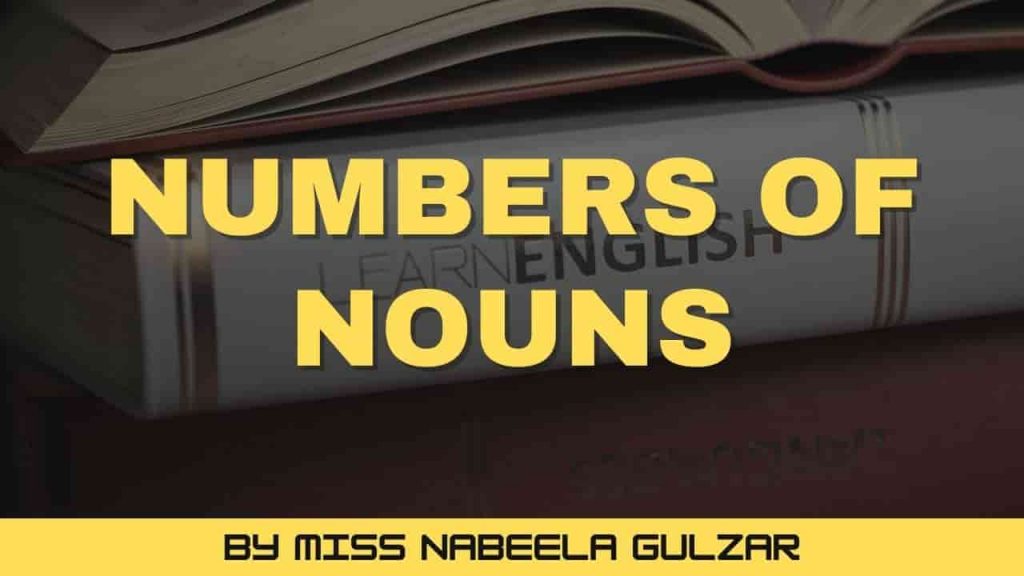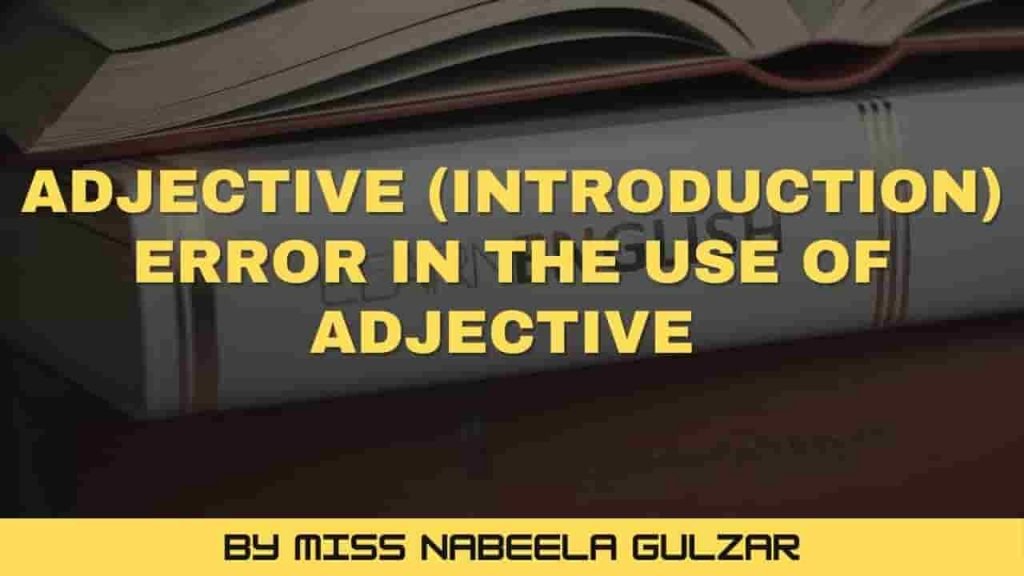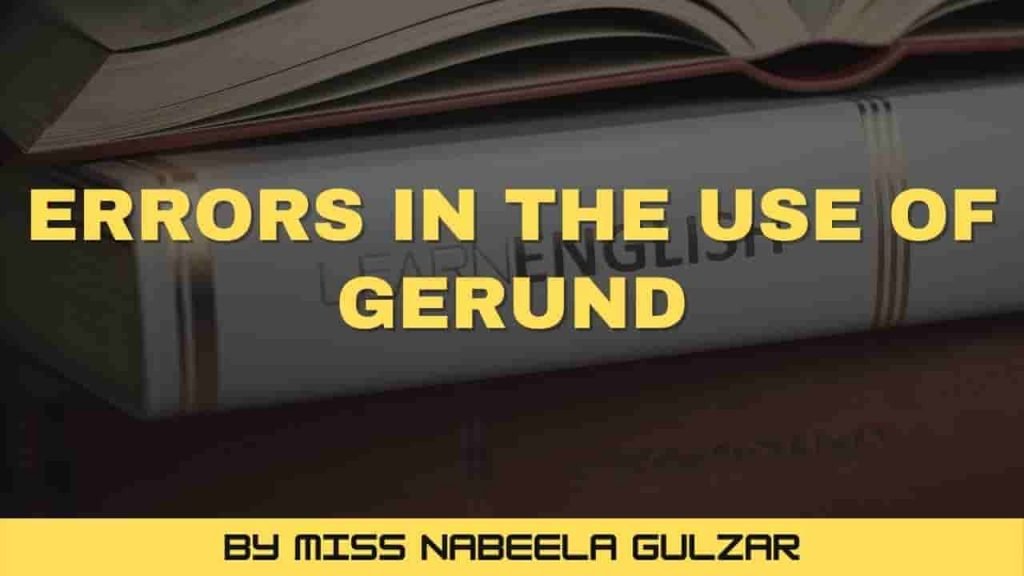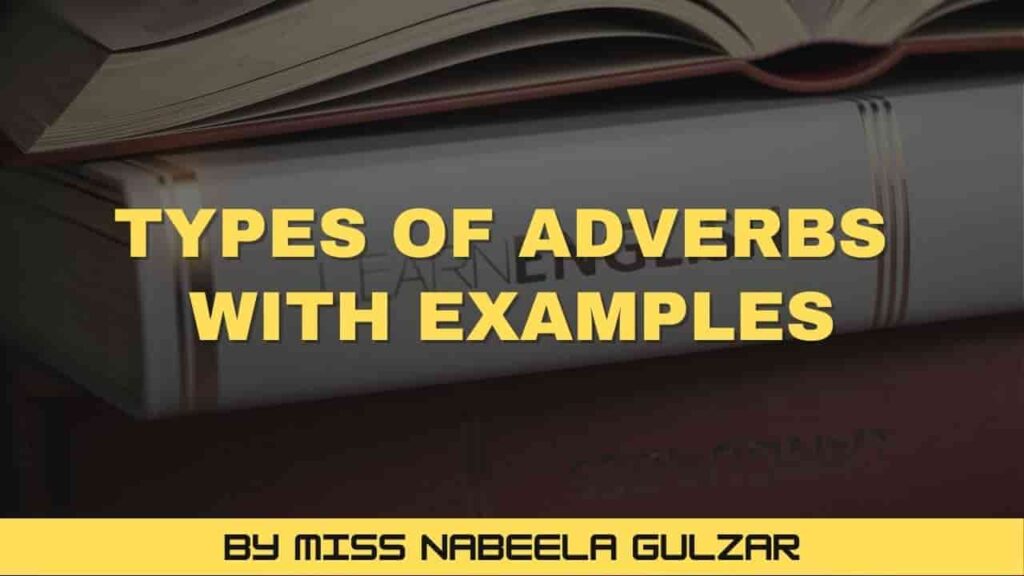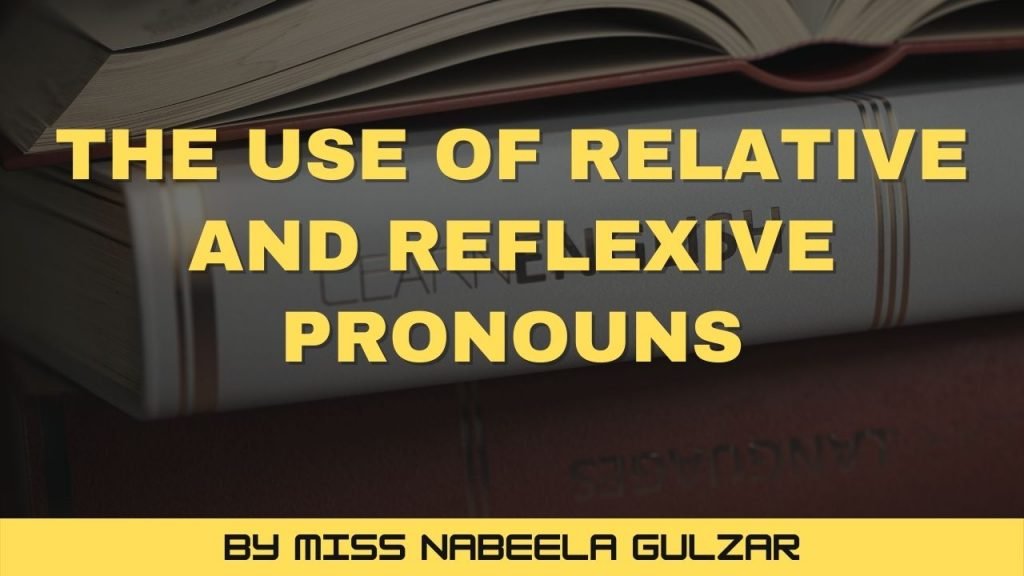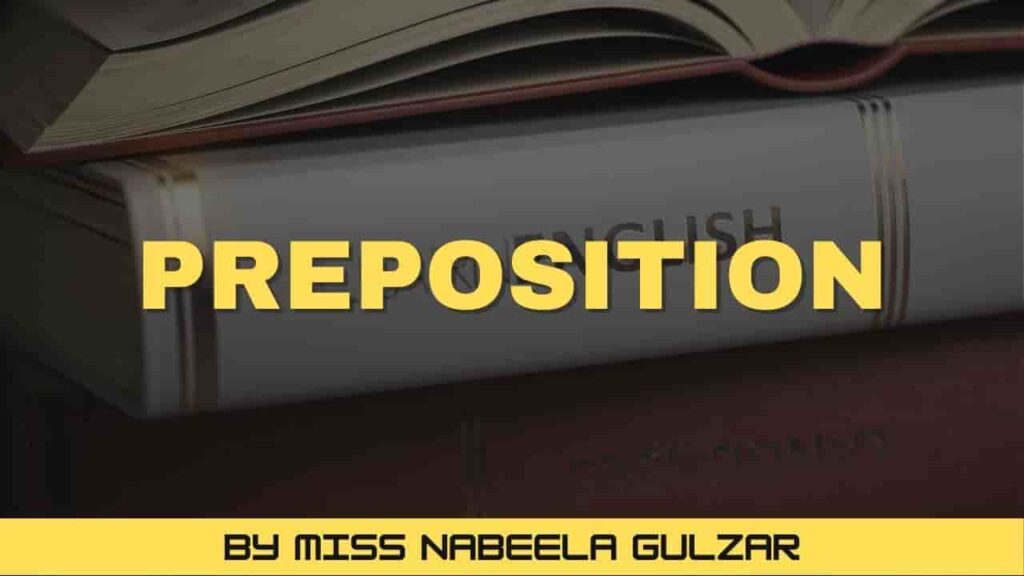What is a Clause and Its Types
A clause is a group of words which of contains its own subject and predicate, but does not make much sense unless another group of words attached to it.
Example:
- If I were there.
- While they were.
- Which is made of glass?
- Who has died?
Note:
The above mentioned examples do not give any accurate sense unless they are included with other words or sentences.
Such as:
- I would have shaped their lives, if I were there.
- You may take some rest, while they work.
- She is willing to buy that table, which is made of glass.
- They had paid the debt of their cousin who had died in an accident.
Types of Clauses
Types of clauses are classified into three groups, i.e.
- Independent Clause
- Dependent Clause or Sub-ordinate Clause
- Coordinate Clause
1. Independent Clauses
It expresses a complete idea and is itself in the simple form. It remains meaningful even if its dependent clauses (subordinate clauses) are removed from the sentence.
- The squirrels are storing nuts for the winter.
- We can hardly wait to see the movie.
- It is necessary to brush your teeth twice a day.
- Cheetahs are the fastest land animals.
2. Dependent Clauses or Subordinate Clauses
Dependent clauses or (Subordinate Clauses) are a group of words that contains a subject and a verb. It does not explain a complete thought so it is not a sentence and does stand alone.
Dependent clauses or (Subordinate Clauses) have the following kinds:
i. Noun Clause
A “Noun Clause” is a group of words that modifies a subject and predicate of its own and does the work of a ‘noun’. Noun clause begins with words such as, how, that, what, whatever, when, where, which, who, whom, whose, whoever or why.
Examples:
- I fear that I shall fail.
- You do not know what he wants.
- They often wonder how I am getting on.
- It is uncertain whether she will come.
Functions of Noun Clauses:
Lock at the following examples and observe that the noun clause consists of the same words that prices have increased, but performs different functions in each sentence.
- I understand that prices have increased.
- The problem is that prices have increased.
- That prices have increased makes us all unhappy.
- It is the fact that prices have increased makes us unhappy.
ii. Adjective Clauses
An ‘Adjective Clause’ is a group of words that modifies a subject and a predicate of its own and does the work of an ‘Adjective. In other words an adjective clause modifies a noun or a pronoun in the main clause. It begins with a relative pronoun such as that, which, who, whom, whose. And a relative adverb such as where, when, why.
Examples:
- I know the place where they live. (relative adverb)
- You found the books that you had lost. (Relative Adjective)
- Tahir is the man who is true to his words. (Relative Adjective)
- She went away by the train which departed at 9:00. (Relative Adjective)
iii. Adverb Clauses
An ‘Adverb Clause’ is a group of words that modifies a subject and a predicate of its own and does the work of an ‘Adverb’. In other words it modifies a verb, an adjective, or an adverb in the main clause. It begins with a subordinating conjunction such as, after, although, because, if, since, when, where.
Example:
- If you eat too much you will be ill.
- Alia finished first though she began late.
- Father called me when he arrived home.
Classification of Adverb Clauses
There are many kinds of Adverb clauses and they may be classified; as:
i. Adverb clauses of Time
They are introduced by the ‘subordinating Conjunctions’; as: When, whenever, while, after, before, since, as, until, till, etc.
Examples:
- There was silence as the leader spoke.
- Don’t talk while she is sleeping.
ii. Adverb Clause of Place
They are introduced by the ‘Subordinating Conjunctions’; as: Where, whereas, when, etc.
Examples:
- They can stay where they are.
- You can go back when you come.
iii. Adverb Clauses of Purpose
They are introduced by ‘Subordinating Conjunctions’; as: that, in order that, lest, that, etc.
Examples:
- The UNO was formed in order that countries might discuss world problems better.
- We eat so that we may live.
iv. Adverb Clause of Cause Or Reason
They are introduced by the ‘Subordinating Conjunctions’; as: because, as, since, that, etc.
Examples:
- You did it because you wanted to do.
- I am glad that you like it.
v. Adverb Clauses of Condition
They are introduced by the ‘Subordinating Conjunctions’; as: Whether, unless, in case, on, if, provided, etc.
Examples:
- Unless you work harder you will fail.
- Come if you wish to.
vi. Adverb Clauses of Result Or Consequence
They are introduced by the ‘Subordinating Conjunctions’’; as: that, so-that, such-that, etc.
Examples:
- You spoke in such a low voice that few could hear you.
vii. Adverb Clauses of Comparison
They are introduced by the ‘Subordinating Conjunctions’; as: such-as, as-as, so-as, etc.
Examples:
- He is as stupid as he is lazy.
viii. Adverb Clauses of Concession Or Supposition
They are introduced by the ‘Subordinating Conjunction’; as: Thought, altogether, even if, etc.
Examples:
- Though I am rich, I am humble.
- Even if it rains I shall come.
3. Coordinate Clauses
Coordinate Clauses are the clauses of the same rank. A coordinate clause may coordinate with independent clauses or subordinate clauses. They are introduced by the subordinating conjunctions; like.
Examples:
And, but, for, nor, or, so, yet, etc.
- We might go to Islamabad or we might go to Murree.
- He will enjoy a trip and you will go to work.
- They ate the dessert, but neither one mentioned the fact that it was slightly burnt.
- I hate to waste money, for it is hard earned.
Use of comma to separate a dependent clause or (subordinate clause) from the main clause
a. In a sentence which has an independent and a dependent clause, a comma is used to separate the two if the sentence starts with the dependent clause.
b. The dependent clause usually starts with any of these subordinating conjunctions:
(While, as, although, because, since, if, after, before, until)
c. If the same sentence starts with an independent clause, no comma is required.
i. While I was eating, the doorbell rang.
The doorbell rang while I was eating.
ii. Because her alarm clock was broken, she was late for class.
She was late for class because her alarm clock was broken.
iii. If you are sick, you must see a doctor.
You must see a doctor if you are sick.
iv. When the rain stops, we will clean the driveway.
We will clean the driveway when the rain stops.
Hopefully, your concept about What is a Clause and Its Types is clear now, This lecture is part of the whole series of English Grammar by Miss Nabila Gulzar, For Other Lectures Click Here also We have an Essay on every topic, Check the complete list here. If you are Studying in Matric Free Video Lectures of Maths, Physics and English are here, and we have got you covered for I.COM Business Maths also.

